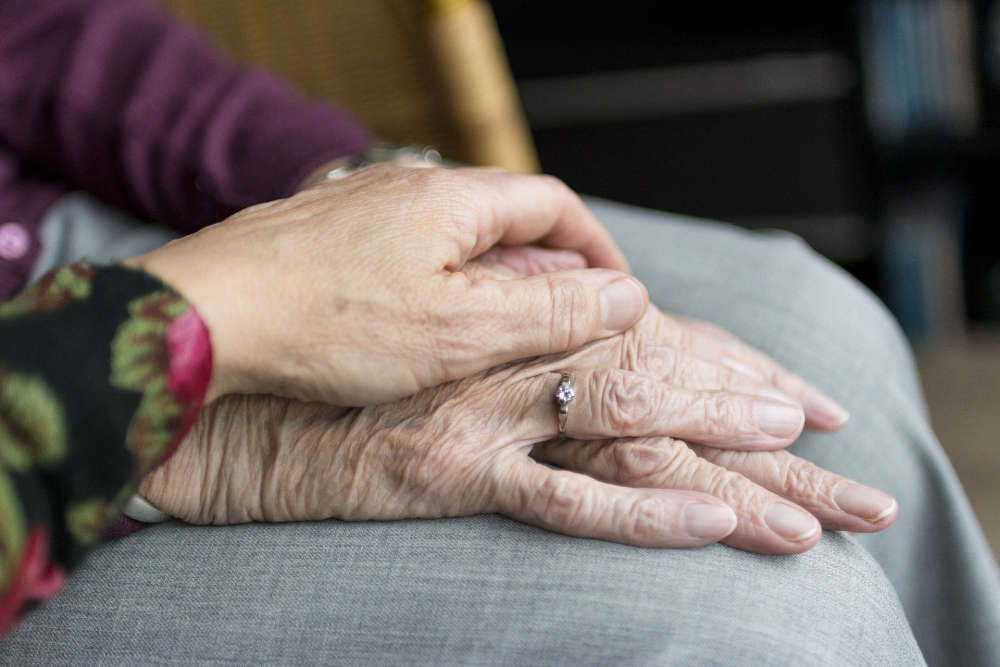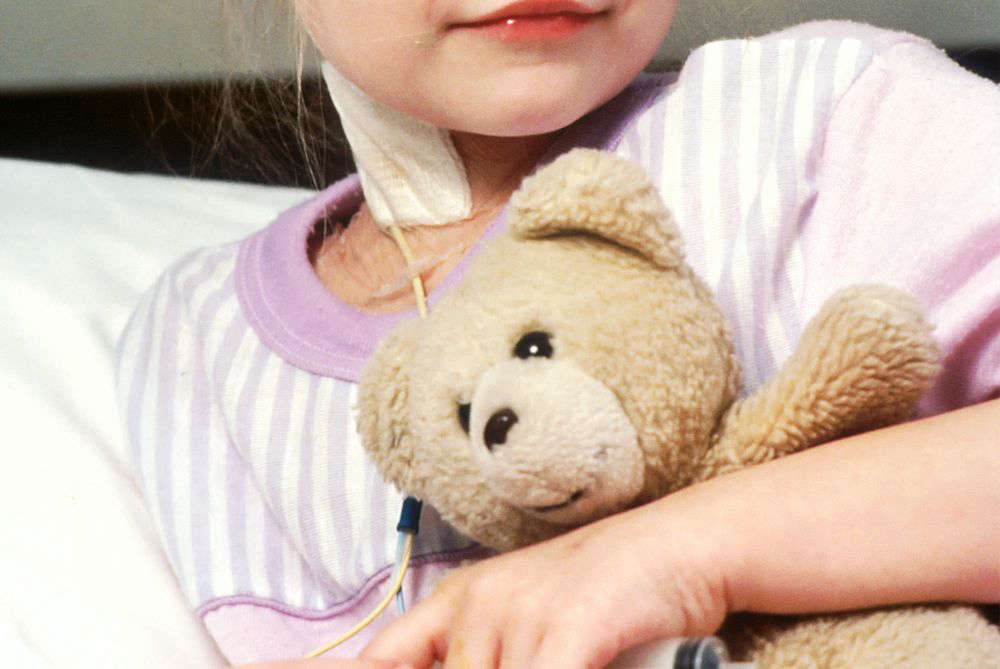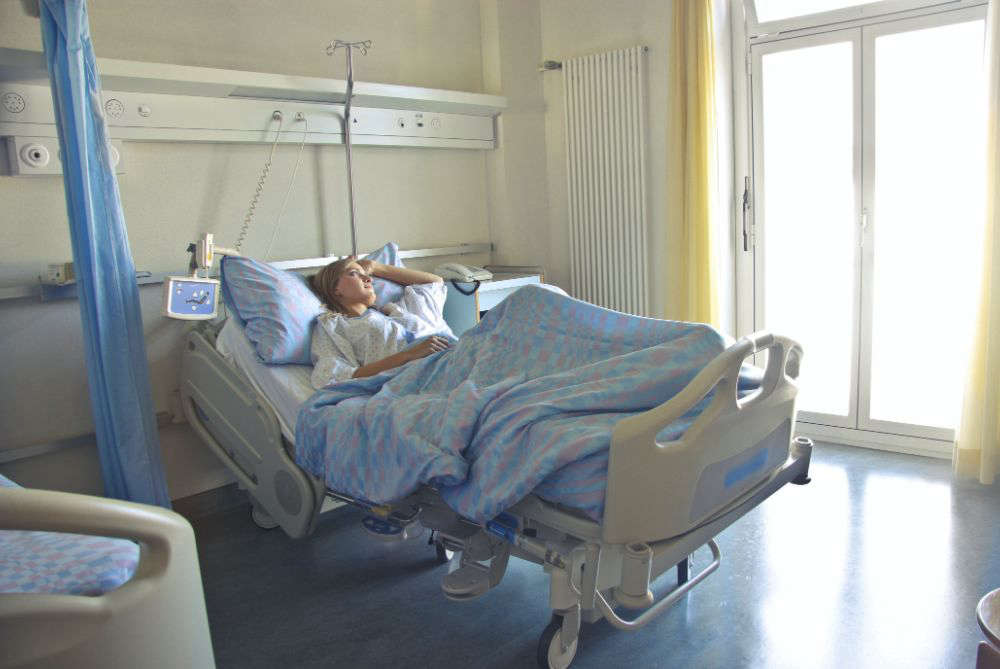
Three experts have been reviewing the ethics of Jersey's assisted dying proposals, to help inform States Assembly and the public ahead of debate.
The panel was made up of Professor Richard Huxtable of the University of Bristol, Professor Trudo Lemmens of the University of Toronto and Dr Alex Mullock-Senior Lecturer in Medical Law at the University of Manchester.
Professor Richard Huxtable, the lead author of the review, says assisted dying is a sensitive subject, on which views can differ considerably.
"Countries that allow assisted dying have also adopted different models, with different systems and safeguards.
Our review draws on experiences elsewhere, and seeks to set out the diverse ethical considerations, with a view to helping Jersey to make the most ethically robust decision."
Their task was to look over the proposal, which explores:
- Route One (Terminal Illness);
- Route Two (Unbearable Suffering);
- Both routes;
- Whether patients should be Jersey residents;
- If only adults should have access to the service;
- Consent and capability;
- Doctor involvement;
- Two-doctor assessments and approvals;
- Self-administration versus practitioner-administered;
- Appeals;
- and Medical Certificate of the Fact and Cause of Death.
The main findings of the review are explained below. In summary, their support for assisted dying is limited to those with a terminal illness and they express 'serious reservations' about the current proposals to allow it in cases of 'unbearable suffering'.
The previous States Assembly approved assisted dying in principle in November 2021.
Islanders will be able to view proposed legislation in March 2024, with it going up for debate in the States before the summer.
If approved, the earliest we will see laws drafted would be 18 months later, in late 2025.
If they got the final agreement, there would be a further 18-month implementation period.
Health Minister Deputy Karen Wilson says the government is working to progress the States Assembly’s ‘in principle’ decision and lodge the detailed proposals in the new year."
"I would like to thank the authors of the review for their work.
This review will ensure that States Members are sighted on the range of complex ethical and moral considerations associated with these proposals."

Route One
Route One (Terminal Illness) allows those who will die within 12 months of a neurodegenerative condition. or six months for all others. to access assisted dying.
This route offers 'assisted dying to prevent a terrible death' and has been ethically approved, as it would allow people to control their deaths - but only as a last resort.
It would also require the patient to have current or expected suffering, meaning those who are suffering without the prospect of dying will not be able to access the service.
This could lead to the opinion the route is unjustly discriminatory. However, the experts believe this method strikes a balance between empowerment and protection of those who are ill.
Route Two
Professor Richard Huxtable says they had 'serious reservations' about Route 2 (Unbearable Suffering).
He told Channel 103:
"So whilst we would support, in principle and in these current proposals, allowing assisted dying for those who are imminently terminally ill, we would not support doing so for those who are unbearably suffering.
There are two main concerns here I can share. One would be around the subjectivity of suffering."
The term 'unbearable suffering' is deemed too subjective and vague, as pain differs from person to person.
"Who could say which account of suffering is right? Linked to that, we might see the practice of assisted dying extend into different circumstances which may become very ethically questionable."
This route focuses on incurable physical pain, 'euthanasia to prevent a terrible life,' which respects the choices of people who are not terminally ill.
"Our second concern is the messages such a law would send, particularly about the value of life with a disability. There may be so-called 'ableist' assumptions and prejudices at work."

Patient Age Requirements
This idea only focuses on 'competent' islanders aged under 18 years old.
The majority of jurisdictions do not allow minors to access the service, as many deem children not to have autonomy.
It is argued that parental consent could be given in the case of a child who wishes to end their life medically.
If the decision is made to open the service to young people and children, further consultation with children would be required before proposals are drafted or put before the States.
However, some may argue children should be given the same rights as adults, which can be seen in Belgium, as it would be seen as legally consistent.
To avoid more inconsistencies arising as a result, children would also need to be allowed to refuse life-sustaining treatment.
Consent and Capability
Consent and capability are needed for the majority of treatments, which is why it is believed they should be required for assisted dying.
Due to the nature of the topic, experts suggest that 'presumption of capability' is removed from the process.
Routine testing of capability and autonomy should be introduced to ensure objective confirmation that the patients want to use the service.
Jersey Residents
The favoured approach is to allow Jersey residents who have lived in the island for at least a year to access assisted dying.
It would avoid Jersey becoming a 'suicide and death tourism' destination.
However, there is also the argument that the service could generate income in the island if it opens its door to other jurisdictions.

Doctor Involvement
Total medicalisation is supported by other jurisdictions, although the argument against is that assisted dying can be seen to go against the Hippocratic oath. This is the pledge doctors make to not cause harm or hurt.
On the other hand, the de-medicalisation of the process has not been accepted by any legal power but could allow a family member to administer the service. This does, however, leave room for potential abuse or subtle pressure.
The experts believe de-medicalisation to be unethical.
Countries, such as Switzerland, have adopted partial-medicalisation. This allows doctors to screen and assess patients' competence and health and can raise concerns with the correct authorities.
A right-to-die organisation could be adopted to offer assistance as well.
It is argued patients may not be adequately protected with partial-medicalisation.
Doctors will also have the right to refuse to have direct participation in assisted dying but would be expected to offer contact with a colleague who may be willing to participate.
Practitioners would also have to opt-in to providing assisted dying services.

Two-Doctor Assessments and Approval
Arguments for a two-doctor assessment include there is more safeguarding for the patient, as well as reassurance to the health service that assisted dying is desired. However, it is suggested more suffering would be endured by the ill, as it will prolong the process.
This is especially the case for Route Two, which, if passed, could include a tribunal.
There is also the possibility that the States agree that both routes can be taken.
For Route One, it would be approved in 14 days (at a minimum), and for Route Two, a minimum of 90 days.
Appeals
The right to appeal a decision is healed in one other jurisdiction and would have to be held in the Royal Court in Jersey if allowed here.
It would allow for a legitimate interest in terms of concern.
However, it is believed that a prolonged process could lead to more suffering for patients.

Self-administered versus practitioner-administered
If a patient self-administers the life-ending service, it could allow for more comfort in their final moments, as it fully respects their choice to die.
This option is also less medical as a doctor is not involved in the final process other than to oversee the service to ensure the patient does not endure an uncomfortable death.
It also allows people to change their minds if, at the last minute, they decide they do not want to end their life.
However, this option is unfair to people who cannot self-administer.
This could be amended with the choice of a loved one delivering the medication, although there is a risk that this could create a burden on family or friends.
Practitioner-administered is found to be preferred by patients as it adds extra reassurance.
This option allows everyone the same accessibility to the service.
It could be seen as the 'normalisation' of doctors ending lives.
The third option is that self-administered is the norm, and doctors offer it if the patient physically cannot.
Medical Certificate of the Fact and Cause of Death
A Medical Certificate of the Face and Cause of Death should be recorded accurately and clearly as it would safeguard against misunderstandings, misuse or abuse.
However, there are worries that this could interfere with privacy.
When relating to assisted dying, jurisdictions variably label the death as 'natural' or 'non-natural.'
Many countries require assisted dying to be reported to relevant authorities, such as a specific commission, health department or coroner.
Despite this, there is an under-reporting of assisted death.

Most Ethical Suggestion
The experts have suggested that Route One is the most ethical as it strikes the most balance due to its measurability and objectiveness.
Canada has seen a 'slippery slope' with the 'unbearable suffering' route, with reports the service has been offered to people in poverty.
One woman was assisted in ending her life in February 2022 after an unsuccessful plea for affordable housing.
Two-doctor approval is also favoured as it is the more careful approach.
The most ethical way to administer assisted dying is through self-administration with a doctor in the background, as this way has the most autonomy.
Practitioner administration should only be preserved for those who physically cannot.




 Beresford Street Kitchen to close La Hougue Bie Tea Rooms
Beresford Street Kitchen to close La Hougue Bie Tea Rooms
 Cannabis grower given six months to reduce noise for neighbours
Cannabis grower given six months to reduce noise for neighbours
 New 'A2B' electric car hire service for Jersey airport and harbour
New 'A2B' electric car hire service for Jersey airport and harbour





